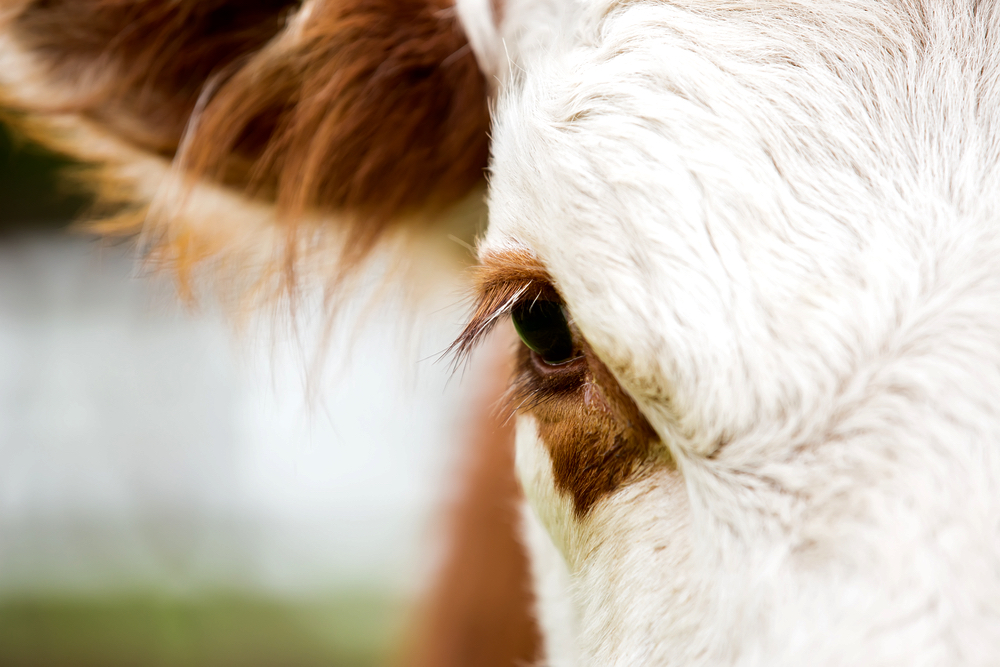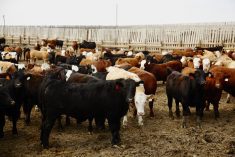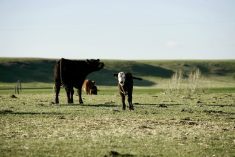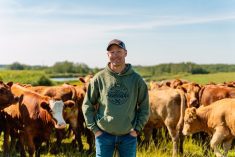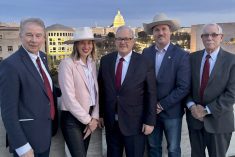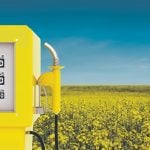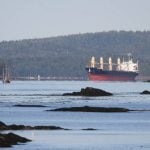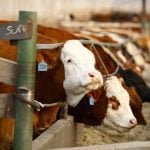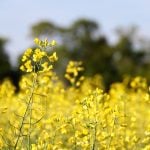As I write this column at the beginning of the new year, I’ve reflected on the similarities between cattle production and geopolitics — and how the political world affects our sector along with the entire economy.
As of this writing, there is so much uncertainty in the political world. An unpredictable president-elect is making waves with every social media post. Canada’s prime minister started the year by resigning and proroguing Parliament until March 24 and we will likely have an election this spring. President-elect Trump’s proposed 25 per cent tariffs cannot be forecasted in any way (level, timing, form, list of goods, countries) and we are preparing for every outcome.
It reminds me of how much cattle producers depend on things we cannot predict — weather, markets, currency, workforce and demand. On the farm and at the Canadian Cattle Association (CCA), we must do our best at predicting what we can, make peace with the fact that we cannot know everything and — most importantly — lean in on what we can do. Last year was a busy year and the year ahead is shaping up to be even busier. We’re already preparing for various political scenarios to effectively advocate on behalf of beef producers across the country.
Read Also
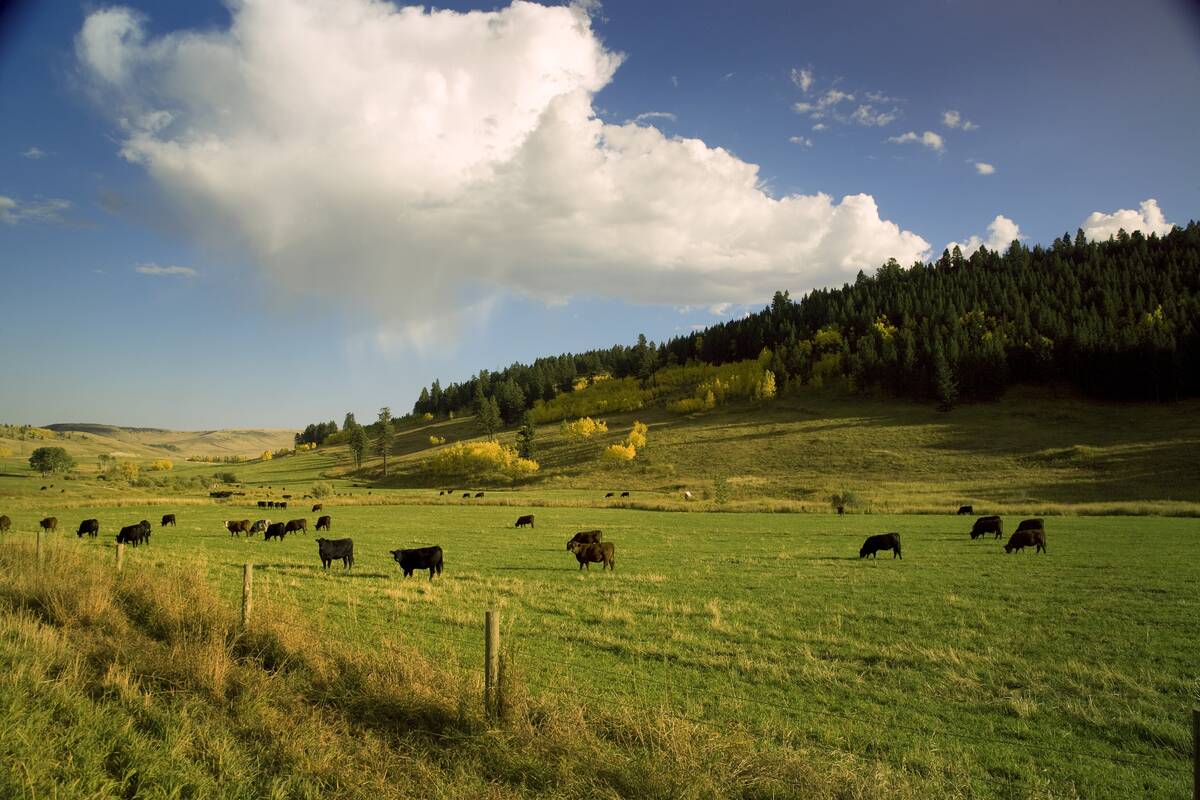
The Canadian Cattle Association’s international advocacy efforts
Global ag policies affect Canadian food policy, so the Canadian Cattle Association participates in international and domestic forums
We had a demanding year on Parliament Hill driven mainly by private member’s bills. Thanks go to many for appearing before committees, writing letters, meeting with members of parliament and senators, hosting tours across Canada, and generally making our voices heard. Threats to future trade negotiations (C-282), opportunities to lower the carbon tax burden (C-234), attempts to target and potentially shrink animal agriculture (C-293 and C-355) and other private member’s bills took more of CCA’s time and activity in 2024 than in past years. We also weighed in on financial proposals around capital gains, the advance payments program limits, business risk management programs, trade deals and “ambition” environmental reporting for companies (i.e companies trying to link environmental outcomes to operations). That is at home in Canada. There are also forces and momentum outside Canada to consider.
In late 2006, a report, Livestock’s Long Shadow, was released by the UN’s Food and Agriculture Organization. This flawed piece of research blamed animal agriculture for more pollution than any other sector of the economy. It was done in part by counting every bit of greenhouse gas emitted in the livestock-based food production sector and comparing it to others with only partial accounting. This error was corrected over time, but the message of that original piece is still trotted out by anti-meat activists globally. These groups show up in meetings and consultations here in Canada and abroad. Knowing that, we will continue to show up where we see threats and opportunities to counter those voices with the positives of Canadian beef and cattle production.
The greenhouse gas footprint of Canadian cattle production is less than half the global average. Canadian cattle landscapes are homes to not only carbon sequestration but also many species of birds and wildlife that depend on grazing to develop and maintain habitat they rely on. We know these facts, but we cannot be sure they will be brought to standard-setting bodies, policy-making bodies and other international groups. Canada bases its own goals, policies and international commitments off the policies and goals of these international organizations. Once such policy is set, it’s a hard thing to turn around. It is much easier to influence in its formative stages. That is not only a big part of our advocacy in Ottawa but our international advocacy as well. By expanding our advocacy to international forums, we’re seeing the pendulum swing back in our favour. We have science and evidence on our side, and our credible voice carries weight with policymakers.
At home, I can generally figure out what needs work and how to address it. The policy world is so broad and complex that I am glad we have a strong team working strategically on our behalf. CCA has developed an international beef network to figure out where to be and how to engage effectively and we have built a team to get the work done. My time as the elected lead of the CCA is winding down. It has been a challenge to be everywhere I have been requested to be, but I want to assure producers that every decision taken weighs the potential influence we can apply, the potential cost in producers’ dollars of going, and the effect of letting those events unfold without our influence. That is often overlooked. Decisions are made whether we show up or not. We must decide if others will fight on our behalf or if events are safe to unfold with other voices left to be most persuasive.
This all takes time and money. I am thankful for my family’s support at home and the support of so many crews that let CCA’s elected leadership take time away to serve the industry beyond the home operation. Our voice as cattle producers is needed at the table. I see how we are received and that has helped me say yes to the requests over the years.
As 2025 unfolds, I know we will remain focused on trade. As the unknowns solidify into reality, CCA will be prepared to advocate on our behalf. I want to thank all the producers out there who contribute to their provincial cattle associations. Some of those funds help CCA on the national and international issues we continue to work on. We work well together on behalf of beef cattle producers from coast-to-coast. I hope the great prices to date remain with positive weather across the country. Regardless, we will keep showing up and leaning in, and we will find ways to respond to the next unknown coming at us.

